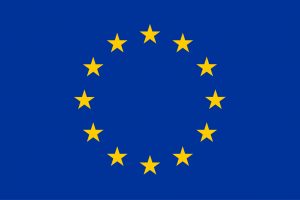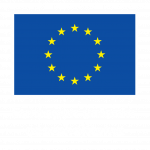

Nearly half of Europeans now use AI tools monthly as adoption accelerates across the continent
New survey reveals rapid growth in conversational AI usage, with personal applications outpacing workplace adoption.

Text: Martti Asikainen, 21.7.2025 Photo: Adobe Stock Photos

Nearly half of European adults are now actively using artificial intelligence tools such as ChatGPT and Google Gemini at least monthly, according to a new survey that reveals the rapid mainstreaming of AI technology across the continent.
The study by growth equity firm Verdane, which questioned 7,282 adults aged 18-60 across six European countries, found that 42% of respondents were identified as active users and early adopters, defined as using conversational AI either at work or privately at least monthly.
The findings suggest AI has moved beyond early tech adopters to become a practical tool for millions of Europeans, with personal use significantly outpacing professional applications.
Personal use drives adoption
Private use of conversational AI is more common: Average active adoption at work across all markets is 41% and privately 53%, the survey found, highlighting how consumers are embracing AI tools for personal tasks before their workplaces catch up.
The research, conducted across Sweden, Norway, Denmark, Finland, Germany and the UK, revealed significant variations between countries. The UK leads daily professional use at 17%, while Denmark has the highest daily private use at 14%.
Perhaps most striking is users’ confidence about future adoption. Active users are confident that their use of conversational AI will grow or remain at similar levels in the coming six months: 95% believe so for private use, while 83% think this will be the case at work.
Broader European trends
The survey also uncovered a potentially transformative shift in how people research purchases. When asked about using AI tools to help decide what to buy or compare products and services, 76% have used AI for this purpose, with 17% doing so most of the time or every time when considering a purchase.
This represents a significant challenge to traditional digital marketing approaches, as consumers increasingly bypass conventional search engines and advertising channels in favour of AI-powered recommendations.
“Large language models from ChatGPT to Google’s Gemini are reshaping how consumers find information and products online, bypassing the traditional search-and-ad funnel,” said Daniel Ahlstrand from Verdane in the report. “This shift has profound implications for how businesses pursue growth.”
The Verdane findings align with wider research across Europe showing growing AI adoption, though they suggest usage may be accelerating faster than previously thought. A recent Deloitte study of over 30,000 Europeans found that 44% of those familiar with generative AI use it personally, while 23% use it professionally – figures that are broadly consistent with Verdane’s research.
Nordic countries appear to be leading adoption, alongside the UK, though the survey notes that challenges including skills gaps, costs and regulatory uncertainty continue to hinder broader uptake across the EU.
Implications for business and policy
The rapid adoption revealed by the survey suggests both opportunities and challenges for European businesses and policymakers. Companies operating in consumer-facing sectors may need to fundamentally reassess their marketing and customer engagement strategies as traditional search-based discovery models become less effective.
Meanwhile, the disparity between personal and professional use suggests many workplaces are yet to fully harness AI’s potential, pointing to opportunities for productivity gains through better integration of AI tools.
For policymakers, the findings underscore the urgency of developing coherent regulatory frameworks that can keep pace with adoption while addressing ethical and privacy concerns that could undermine public trust.
As AI tools transition from experimental novelties to everyday utilities for millions of Europeans, the next six months may prove crucial in determining whether this growth trajectory can be sustained – and whether Europe can navigate the technology’s integration into society successfully.
You can download the results of the survey from here.


Finnish AI Region
2022-2025.
Media contacts